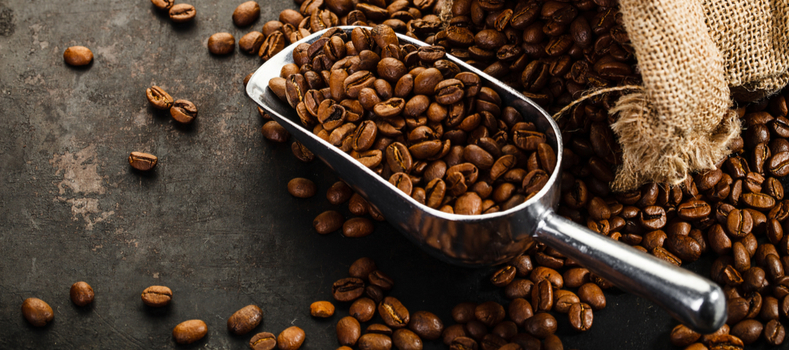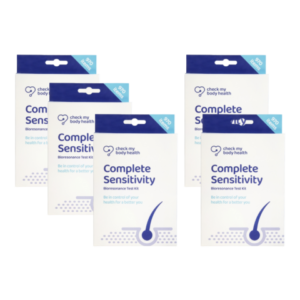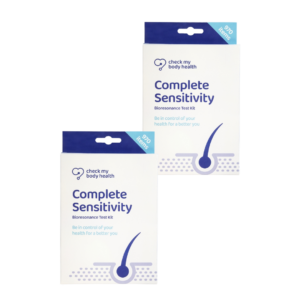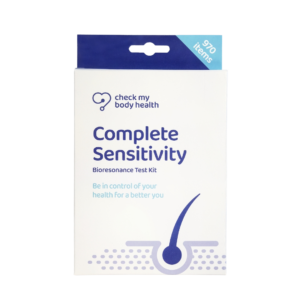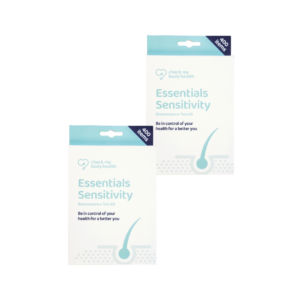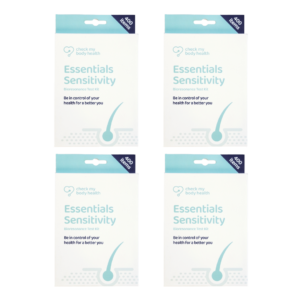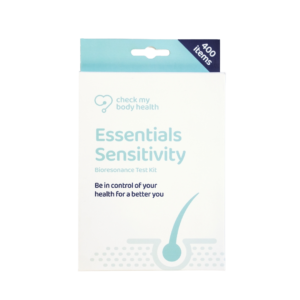The 21st Century runs on caffeine: at no time in human history have we consumed as much. This potent natural chemical is thought to be the world’s most widely consumed psychoactive stimulant – meaning a substance that affects the nervous system.
As soon as they discovered tea in China and coffee in the Middle East (or North Africa, accounts differ) Europeans were hooked. Here were drinks that did the opposite of the wine and beer with which they were already so familiar: coffee and tea sharpened the mind instead of befuddling it. They woke users up instead of sending them to sleep.
As the centuries passed, caffeine migrated from tea and coffee into other products, such as chocolate, cola and – in recent decades – energy drinks, which have proved to be a big hit with certain demographics. Caffeine is also a common inclusion in over-the-counter medicines – for example, aspirin and flu products.
What is caffeine?
Caffeine is a ‘phytochemical’, meaning it has a botanical origin. It is produced in the seeds, leaves and fruit of several plants across Asia, Africa and South America. Why? Because caffeine provides them with some remarkable benefits. It is, believe it or not, a potent natural insecticide, so the production of caffeine discourages destructive grazing by bugs. It also affects nearby seeds discarded by rival plants, slowing down and even preventing germination altogether.
When consumed by human beings, caffeine blocks the action of a brain chemical called adenosine, warding off drowsiness, increasing our heart rates, and speeding up our metabolism. These reactions provide a powerful but temporary boost in energy and alertness. A dose of caffeine can improve our concentration and even our motor coordination, helping us navigate through the world with a little more agility.
Caffeine has even been shown to boost performance during aerobic exercise and sport – for example, cycling and sprinting. Caffeine became a widely used ingredient in non-prescription medications after studies revealed that it significantly increased the efficacy of substances like aspirin.
But the picture is not an entirely rosy one. Like other psychoactive substances, caffeine can be habit-forming. Our bodies grow used to the boost provided by our morning coffee or cup of tea and over time it becomes harder and harder to wake up and function without them. The high levels of caffeine now consumed by many of us affect our brains and nervous systems: people who suddenly quit often find themselves wrestling with a range of unpleasant withdrawal symptoms for days, including headaches, anxiety and fatigue.
Not everyone’s cup of tea
So what is caffeine intolerance? The way our bodies respond to caffeine is down to two things: our general state of health and our genetic background. Some of us can happily knock back multiple cups of coffee and barely feel them, while others start to feel jittery and anxious after just a few mouthfuls. The majority of people, perhaps, fall somewhere in the middle.
Caffeine intolerance is an excessive sensitivity to this remarkable substance. Typical symptoms include:
- Difficulty falling or staying asleep
- Feelings of restlessness or anxiety
- Excessive tiredness
- High blood pressure
- Stomach upsets and bowel disturbances
Many of these symptoms can be triggered by other conditions, so it is not always easy to be sure you are reacting to caffeine. If the symptoms occur immediately after you drink a cup of coffee or eat a chocolate bar, then you may make the connection, but the body needs several hours to completely metabolise caffeine so there may be a delay in the onset of symptoms. Trust your instincts and listen to your body. If you’ve felt unwell after eating or drinking caffeinated products for a while, then the connection may be clearer.
Try the elimination approach: cut tea, coffee, energy drinks or whatever your own particular vice may be and see if your symptoms disappear. If they do, you can begin to adjust your lifestyle and diet accordingly.
But cutting caffeine may also trigger withdrawal symptoms in heavy caffeine users, so a quicker and easier approach might be to undergo a sensitivity test. Send in a swab and you will receive a detailed DNA-based analysis of your body’s particular reactions and sensitivities. If you do turn out to be sensitive to caffeine, you will, of course, still need to cut back – but at least you’ll know what you’re up against!
Written by Bev Walton
Food Writer and Nutritionist, dietician
A chef of over 35 years with experience in all types of cuisine, dietary plans, recipe development, health and nutrition. I have been writing for over 10 years for both magazines, websites and ghostwriting for ebooks, Kindle and fully published books. I have a degree in nutrition and dietetics and work with restaurants and organisations within the healthcare profession. I am also able to take high quality photographs of recipes created. No writing task is too great, and whilst I specialise in the above, I am able to write about any topic you throw at me. Member of the Guild of food writers.

